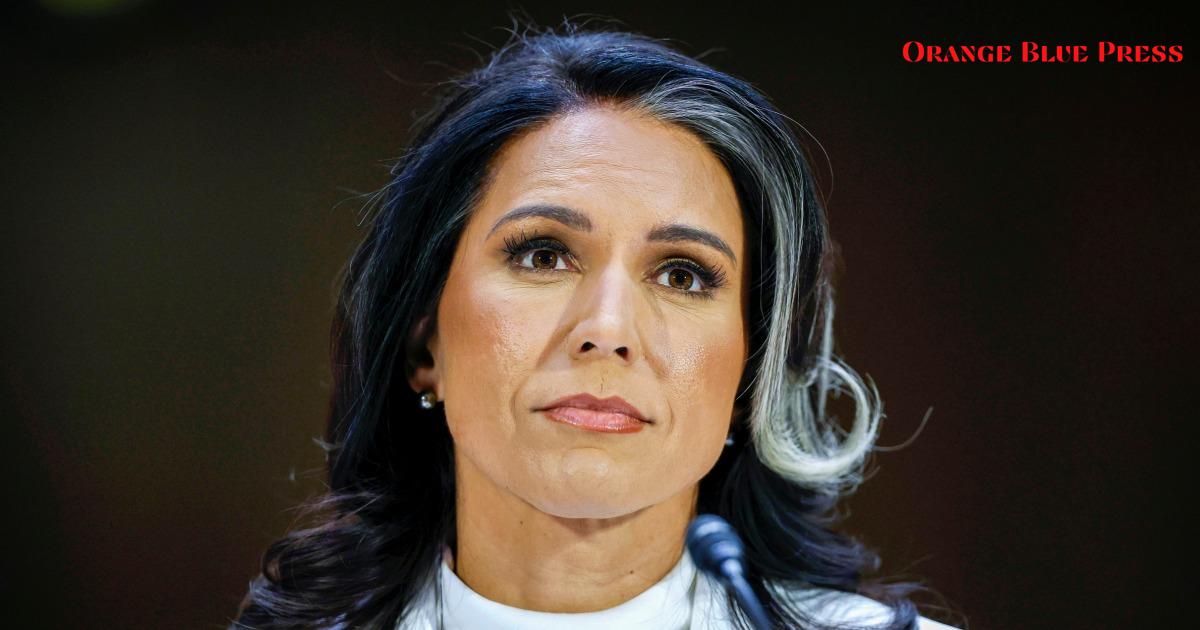In a closely watched vote, the Senate has officially confirmed Tulsi Gabbard as the new Director of National Intelligence. This decision came after a rigorous confirmation process that involved much discussion and debate, reflecting the diverse opinions about her policies and past actions.
Confirmation Vote Details
The Senate vote was tight, with the final count standing at 52 in favor and 48 against. Most of the votes were along party lines, but there was one Republican senator who expressed opposition. The vote highlights the split opinions regarding Gabbard’s nomination, especially considering her previous roles and statements.
Background on Tulsi Gabbard
Tulsi Gabbard is no stranger to politics. She served four terms in the U.S. House of Representatives, representing Hawaii. Interestingly, she switched from the Democratic Party to the Republican Party in 2022, which has influenced some lawmakers’ opinions about her nomination. Her diverse background includes military service in the Army Reserve, where she served in Iraq.
Concerns Raised During the Hearing
During her confirmation hearing, Gabbard faced tough questions and scrutiny. Senators, particularly from the Democratic side, expressed concerns about her past views on critical international issues, like Russia and Syria. Some were especially worried about her 2017 visit to meet Syrian President Bashar al-Assad, which sparked significant debate on her approach to foreign policy.
Support from Key Republican Senators
Despite the concerns, several important Republican senators ultimately supported Gabbard’s confirmation. For instance, Senator Lisa Murkowski acknowledged the apprehensions but praised Gabbard’s independent thinking and military background. Senator Thune highlighted her plan to improve the efficiency within the intelligence community, which played a significant role in swaying opinions in her favor.
What This Means for the Intelligence Community
Gabbard’s confirmation is particularly notable because she has been one of the most vocal critics of surveillance policies, making her the most anti-surveillance official in the Director of National Intelligence role since the post-9/11 era. Her stance on issues like the Foreign Intelligence Surveillance Act (FISA) and past support for whistleblowers like Edward Snowden raised eyebrows during the nomination process but also indicate a potential shift in how intelligence operations might be approached under her leadership.
What’s Next?
As Gabbard takes on her new role, many are watching closely to see how she will address the challenges ahead. She will oversee 18 different intelligence agencies and will be responsible for ensuring the security and integrity of national intelligence activities. Her leadership style and policy decisions will undoubtedly impact the intelligence community and possibly the broader political landscape moving forward.
Final Thoughts
This confirmation marks a significant moment in U.S. politics, not just due to the close vote but also because of Gabbard’s unique perspectives from her military experience and her views on intelligence policy reform. As she steps into this crucial role, people across the country will be eager to see the direction she takes and how her leadership might change the way intelligence is handled in the United States.




















